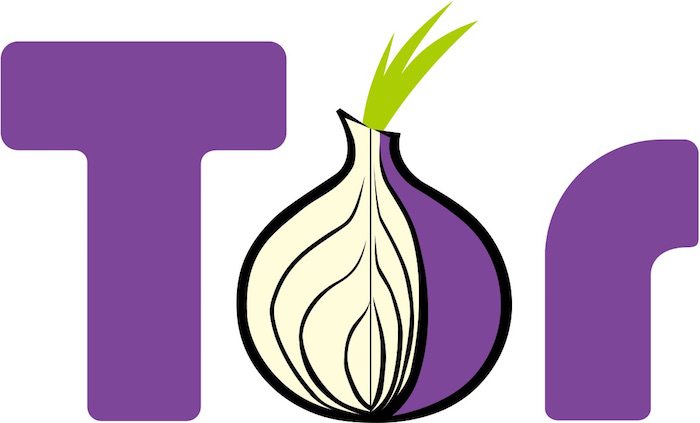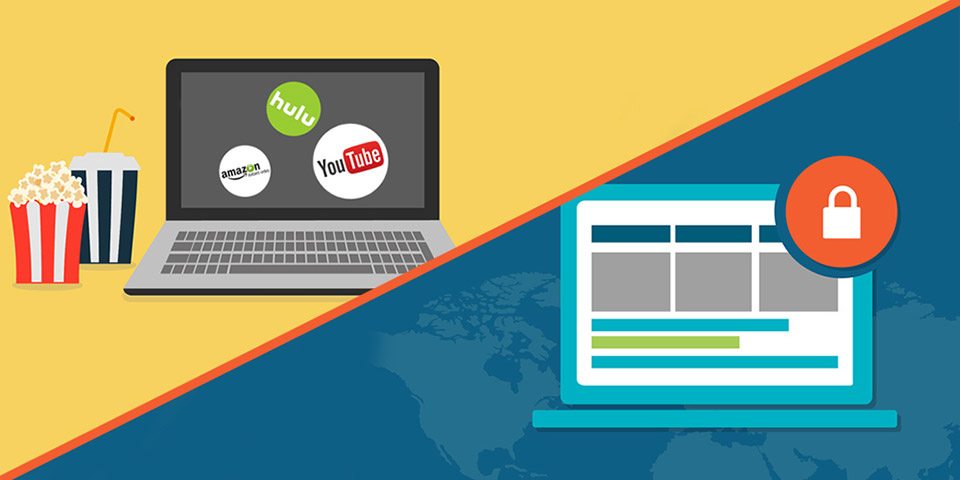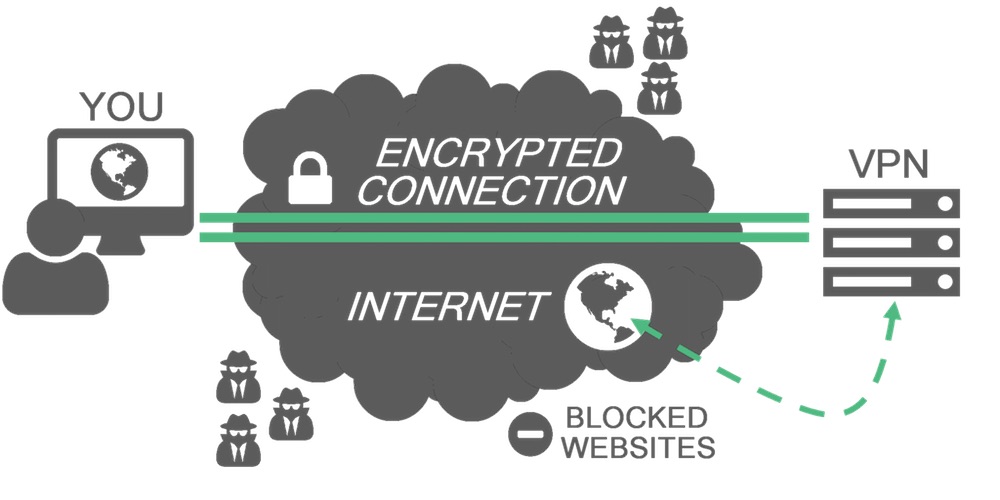4 Ways to Protect Your Privacy from Your Internet Provider

Image via I AM NIKOM / Shutterstock
Toggle Dark Mode
Since news of the broadband privacy law deregulation broke, people have grown more concerned about the protection of their online activities and browsing history from their internet service providers (ISPs) including, but not limited to, AT&T, Time Warner Cable/Spectrum, Verizon, and Cox. However, this increased awareness and care came a bit too late. The law has already authorized internet service providers (ISPs) to track your internet browsing history and sell it to the entity offering the highest bid.
Why Does My ISP Want to Track and Sell My Online Activities?
Most advertising companies – in fact, every company that advertises online is interested in knowing which sites people visit the most, what they buy, their health info, who are their friends on social media are, the things they like, and their location. These marketing and advertising agencies buy this information from ISPs to create targeted ads that are more likely to entice you to buy something. While targeted ads can be helpful and certainly aren’t dangerous, it might give you peace of mind to regulate how much your ISP actually knows about you.
How Can I Protect My Browsing History?
Being able to maintain your online privacy can be difficult, but not impossible. Fortunately, there are a number of solutions that will help you protect your digital data from your ISP.
Here, I’ve summed up four important and easy ways to keep your online activities private on the internet:
4. Use Tor

You can use the Tor web browser to maintain your privacy online. It prevents ISPs from learning your location or tracking the websites you visit. Although it’s well known for providing online anonymity to users, it does has its own set of flaws. It’s constantly under attack by hackers and surveillance agencies. The organization releases software updates regularly and it’s really important to make sure that your Tor software is up-to-date before you begin browsing. Get the Tor web browser here.
3. Use HTTPS Every Where

Another way to keep ISPs off your back is to use the HTTPS Every Where browser extension. By using this extension, which the Electronic Frontier Foundation owns, your overall experience won’t change and internet providers will still be able to see that you’re on a particular site, but they will see less about what you’re doing there. If HTTPS is enabled, your ISP will know when you visit https://google.com, or https://idropnews.com, but it won’t know exactly what you read or viewed. Get the HTTPS Every Where browser extension here.
2. Adjust Your DNS

A DNS is similar to the yellow pages of yester years. It’s a service tasked with translating domain names like Yahoo.com, Google.com, or any other into a machine-readable numerical IP address. The catch here is every, or at least most ISPs have their own DNS and your connection to your ISP is configured by default to use the ISPs DNS. If you continue to use the DNS of your ISP, it will easily know the websites you’ve visited. A simple way to overcome this hurdle is to use SmartDNS, or another DNS provided by a reputable third-party. A DNS can also provide other benefits like unlocking geoblocked video content from other countries. Get SmartDNS here.
1. Use a VPN

A VPN is arguably the least expensive and best encryption tool to ensure your personal data remains encrypted and out of the reach of unauthorized people. When you use a VPN service, your ISP provider fails to track your online activities because a VPN creates a secure encrypted connection between your device and the VPN’s server. All they can do is to track the IP address of a random server but not yours. While all of this is great, it’s important to note free VPN services are known to sell the data of their users. So, it is only wise to go for reputable and paid VPN providers.
Also, while choosing a VPN, make sure that the service you are trusting is not based in any of the 14 eyes countries, especially the US, because the VPN providers based in any of these countries can be pressured to share or hand over the user’s data to ISPs. It’s worth considering a VPN that is not based in 14 eyes countries, like VPN Unlimited (Ukraine based). Plus, these VPNs have a no-log policy, which is another check mark for you to tick before trusting a VPN provider. Get VPN Unlimited here.
The above-mentioned solutions can work on a stand-alone basis, but its best to couple them up to have ultimate privacy on the internet. Protecting your online privacy isn’t always easy, but it’s still important take preventive measures to stop your ISP from exploiting your privacy.
About the Author:
Anas Baig: Security Journalist & Contributing Writer
Anas Baig is a security professional and a writer with a passion for robots, IoT devices, and cars. Twitter / Email






